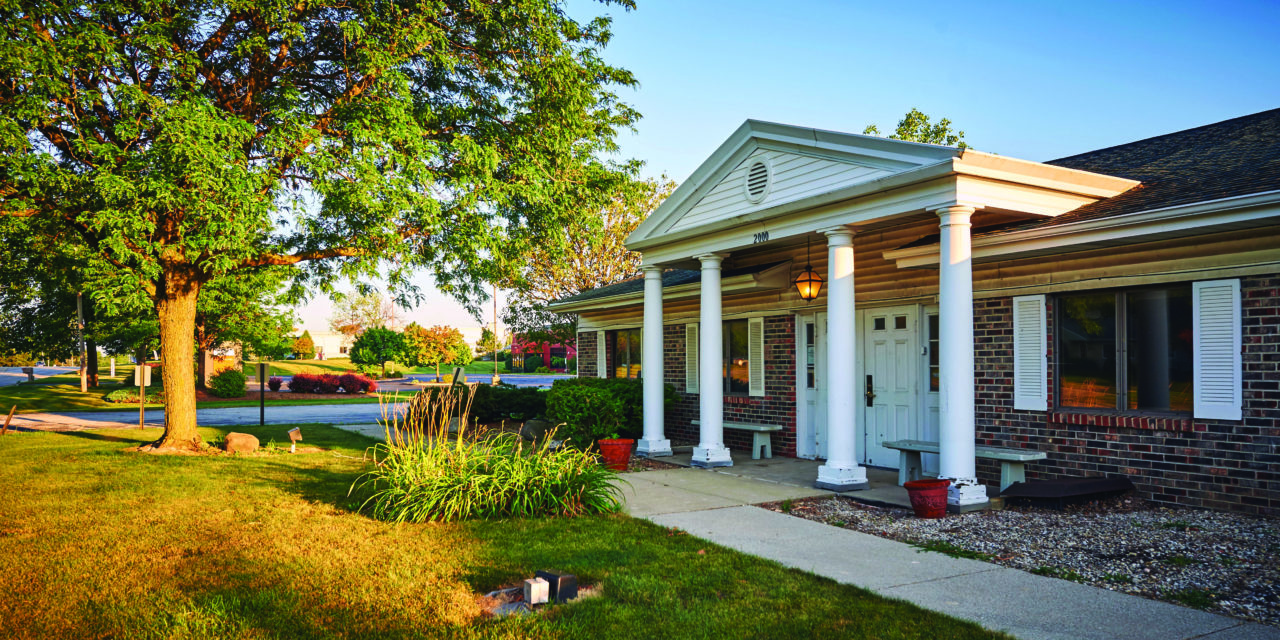Table of ContentsThe Of What Is Addiction? - American Psychiatric Association4 Simple Techniques For National Helpline - Samhsa4 Easy Facts About National Helpline - Samhsa Explained
For example, methadone is administered in specialized centers to people addicted to opioids. It assists suppress cravings and decrease withdrawal. The medications buprenorphine and naltrexone are also utilized for opioid dependency but can be supervised in outpatient settings. Naltrexone aids with alcohol addiction in addition to acamprosate (Campral) and Disulfiram (Antabuse), all of which work in different methods.
Together with expert treatment (or after), 12-step programs can help individuals with addiction. They consist of Alcoholics Anonymous, Narcotics Anonymous and Cocaine Anonymous. The goal is for people to accomplish and preserve abstaining - what is the treatment for cocaine addiction. Individuals accept that they have an illness, surrender it to a greater power and actively take part in all 12 steps.
Detecting drug addiction (compound use disorder) requires an extensive assessment and typically consists of an evaluation by a psychiatrist, a psychologist, or a licensed alcohol and drug therapist. Blood, urine or other lab tests are utilized to assess drug usage, however they're not a diagnostic test for addiction. However, these tests might be utilized for tracking treatment and recovery. There's no factor to be afraid of treatment. Detox and withdrawal can be tough however our facilities that offer on-site detox are staffed with certified medical teams that will carefully monitor you for symptoms and signs of withdrawal. By progressing through the detox progress, withdrawal signs enormously reduce. For the sake of clients going through detox at AAC centers, we've located our detox spaces away from the primary client activity areas.
However, theses detox rooms are close to personnel workplaces for frequent tracking and easy access to personnel. Since American Dependency Centers specializes in double diagnosissimultaneously dealing with drug abuse and behavioral health issuesour accredited psychiatrists are readily available during the detox procedure to deal with high levels of stress or anxiety. The 2 main classifications of addiction treatment are inpatient and outpatient rehabilitation.
Some therapies that are frequently used to treat addiction consist of:1 Cognitive-Behavioral Treatment. Community Reinforcement Technique. The Matrix Model. Contingency Management. Motivational Improvement Therapy. Family Behavior Modification. Treatment strategies will differ from specific to specific. No person's path to healing will be identical to another's. Dependency is a persistent condition characterized by extreme drug cravings and compulsive substance use despite the negative effects.
2 Chronic drug usage likewise frequently causes physiological reliance on the substance; as soon as you're reliant, you'll experience distressing withdrawal symptoms when you attempt to give up. These withdrawal signs frequently contribute to continued drug abuse, as individuals may utilize the drug in order to alleviate the unwanted symptoms or postpone their arrival entirely (why is group therapy the most effective treatment for addiction).
Unknown Facts About Addiction Treatment Services: Home
Relapsing is considered a typical and common obstacle in the recovery procedure. 2 Substance abuse treatment programs supply detailed treatment for addiction, but they do not provide a "remedy." A cure indicates that the person is no longer afflicted by a condition once they complete treatmentafter treatment, an individual might be sober however will https://Transformationstreatment.Center still require to manage their dependency throughout their lives utilizing the tools they learned in rehab.

These interventions are intended at rectifying drug-using and maladaptive habits and changing them with healthy and favorable habits. 2 Further, someone being dealt with for a compound use disorder will be assessed for any possible co-occurring psychological health conditions (called a double diagnosis), such as depression, anxiety, post traumatic tension condition (PTSD), character conditions, or schizophrenia.

Attending to both of these conditions throughout treatment increases the opportunity of having a positive treatment outcome. 3 Dependency can absolutely be dealt with, however just a few days or months of abstaining isn't usually adequate to make long lasting behavioral modifications. 2 Instead, specialists see recovery as an ongoing procedure that needs long-term support and relapse prevention training.
Aftercare treatment can consist of self-help groups (such as SMART Recovery), 12-step meetings (such as Narcotics Anonymous), alumni programs, sober living houses, individual treatment, and group therapy. It is necessary to comprehend that no single treatment type is appropriate for everybody. That is why it's crucial that every treatment program has a mental health or dependency professional conduct an intake assessment prior to producing an individualized treatment strategy according to the client's unique needs.
Case history. Psychological status. Vital indications, such as temperature level and pulse. Patterns of drug or alcoholic abuse. Results of urine test for substance usage. Previous detox or addiction treatment experiences. Demographics such as age, ethnic background, and level of education. Living conditions, transportation, legal status, dependent children, and monetary situation. Danger of violence or suicide.
When an evaluation is performed and a treatment plan is developed, the treatment group must re-assess the person on a continuous basis in order to customize the plan as needed. 4 This ensures that the patient is getting the most effective treatment for them throughout the healing process. Evidence-based therapies are interventions that have a considerable body of research study supporting their efficiency in treating dependency.
The Definitive Guide for Treatment Approaches For Drug Addiction Drugfacts ...
Below is a list of frequently utilized evidence-based therapies and the types of substance abuse they treat:6 -11: This therapy is commonly applied to the treatment of numerous dependencies, consisting of those to alcohol, marijuana, cocaine, and methamphetamine. The therapist analyzes the connection in between behaviors, feelings, and ideas, and assists the patient to recognize and repair their unfavorable patterns in order to give up using drugs and prevent relapse.
: CM is frequently utilized to treat individuals recovering from an addiction to stimulants, cannabis, alcohol, and opioids. Treatment staff members supply patients with tangible rewards (such as prize money or coupons, food, or other items and services) for displaying favorable habits and evidence of drug abstaining, such as offering a substance-free urine sample.
It is generally used to treat dependencies to drug or alcohol. This program includes extensive weekly therapy and therapy sessions in which the client constructs regression prevention abilities, receives occupation training, participates in brand-new leisure activities, and builds new social networks. Much like CM, clients get vouchers for providing substance-free urine samples a couple of times each week.
: This type of treatment, which is typically utilized to treat alcohol or marijuana dependency, helps to increase an individual's motivation to make a positive change in their life by getting in drug abuse treatment. The therapist examines the patient, works together to construct a strategy for change, imparts coping skills, and motivates commitment to abstinence.